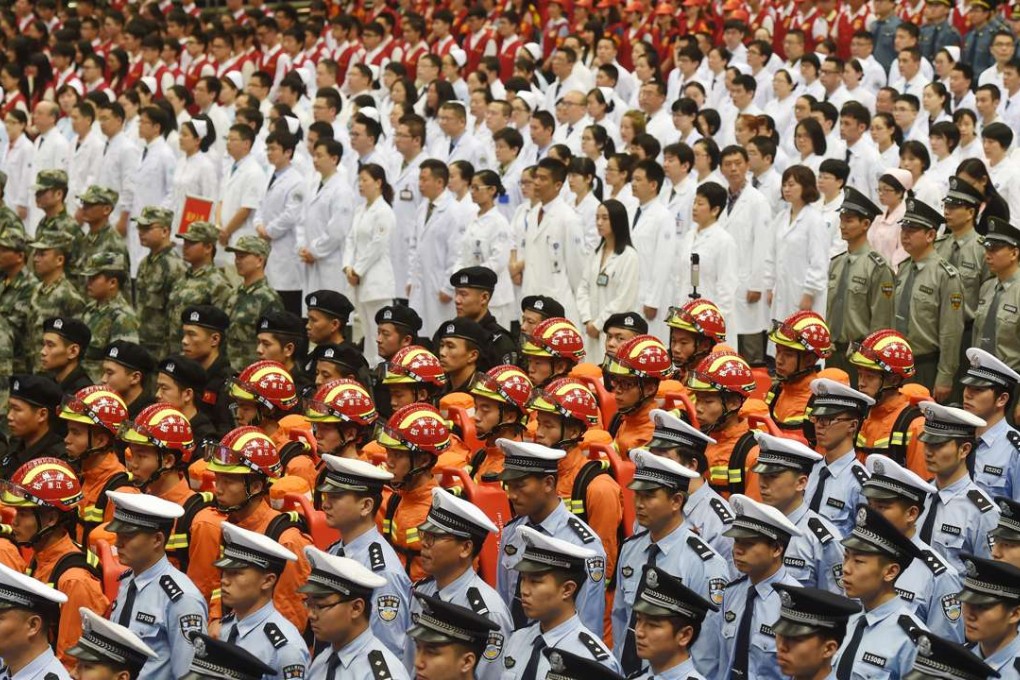China Briefing | Countdown to G20: 100 days for China to take the international lead
The run-up to the September summit in Hangzhou could be a chance for China to stake out the high moral economic ground and show its vision for growth

Compared to past years, the 2016 Group of Seven summit, which ended last week, received considerably less coverage in Chinese state media.
Its final communiqué even earned a strong rebuke from the foreign ministry because it expressed concerns over the South China Sea.
The Chinese government reserved its fanfare instead for the 100-day countdown to the Group of 20 summit in Hangzhou and promised a map to lead the world economy out of its doldrums.
Indeed, both Chinese officials and state media highlighted the waning influence of the G7 summit because it excluded China, India and other emerging economies. The G20 members account for 85 per cent of the world’s GDP, compared to about 47 per cent for the G7 nations.
There is also an element of rivalry involved as Japan was the G7 host and worked with the US to press other members to isolate China, among other issues.
As expected, the G7 meeting failed to produce anything substantial except warnings of rising risks to the global economy and against competitive currency devaluations.
